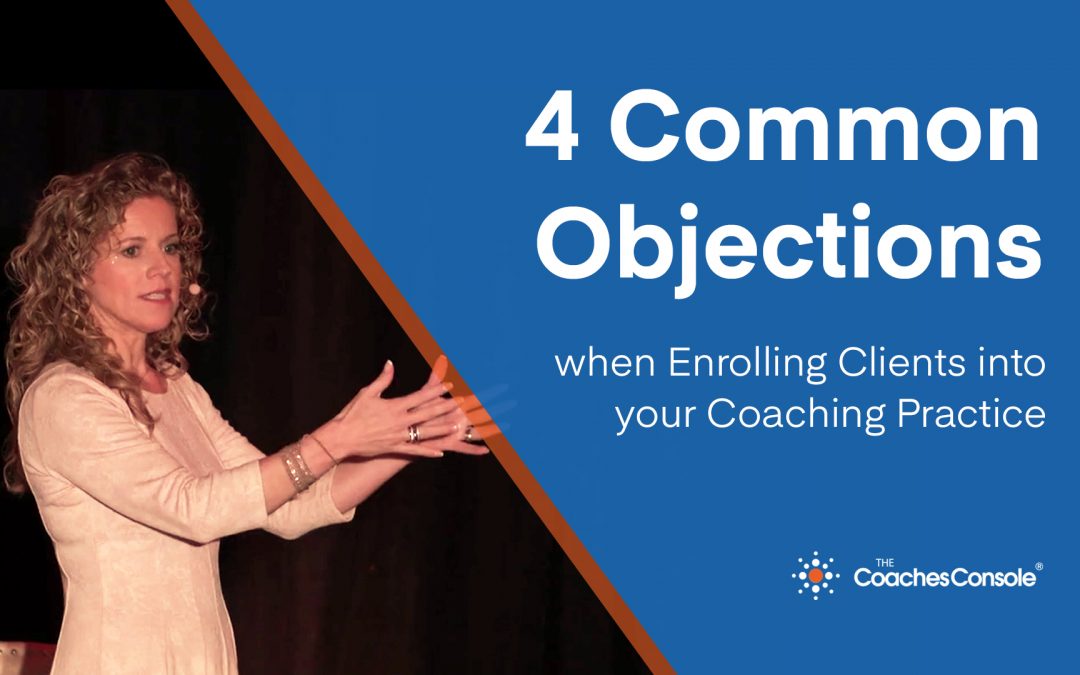1. Money – it’s not a money issue, it’s an “I can’t see the value issue”
- the future positive impact of the coaching on your prospects’ life is not yet clear
- don’t make it about the money, describe their “pleasure island and results” and create a visual perspective of what it would look like for them
- redirect the conversation to yourself and don’t let them get lost into their own “gremlins”
- see yourself and your prospects as resourceful
- investing in ourselves is the hardest thing we ever do because we have been trained by our culture, our society and the world to take care of everybody else first
- practice self care so you can be a role-model for your clients
- as a coach, maintain your objectivity about the prospects’ issues
2. Time (it’s never about time, it’s about priority)
- it is helpful to use our coaching skills to firstly understand and then navigate the psychology of why these objections arise, we should try to identify the “why” behind the fear
- we are constantly enrolling people in our life (family, friends, peers) and these skills are transferable to our prospects as well
- before trying to convince anyone of anything, see what the prospects are mirroring for you and see which are the ones that you relate to – see where you find yourself
- be mindful of the undertone – hear what is not being said, what stands out from behind the words
- what we are prioritizing, we give our time to
3. Spouse (ask for support, not for permission)
- you have to be very focused on how you navigate this one, because it can be an excuse on one hand, or it can be legitimate on the other hand
- temporarily remove the spouse from the context by assuming that he would support no matter what, by this entering a realm of possibility and not fear
- first identify what is the level of commitment of the potential client, with or without the spouse, then you can start to become clear and coach on the spouse issue (see first if that would be helpful for them)
- you have to allow time for the full context to be brought to the family for approval before mentioning the cost, as it’s a shared journey (help the prospects share their “why” – the results that they want and why they are important to them)
- by the next meeting, you would have made the sale, established the commitment, honored the client
4. Fear (it’s never a fear issue, it’s a trusting oneself issue)
- when people don’t believe in themselves, give them a reframe of the fear that comes up from the fact that they are not trusting themselves (“I can’t do this!” transforms into “How can I do this?”)
- the potential client eventually sees how resourceful he/she is
- passion/commitment/conversion
Power of debrief – what worked/what didn’t/what would we do differently (how can this be possible for you).

